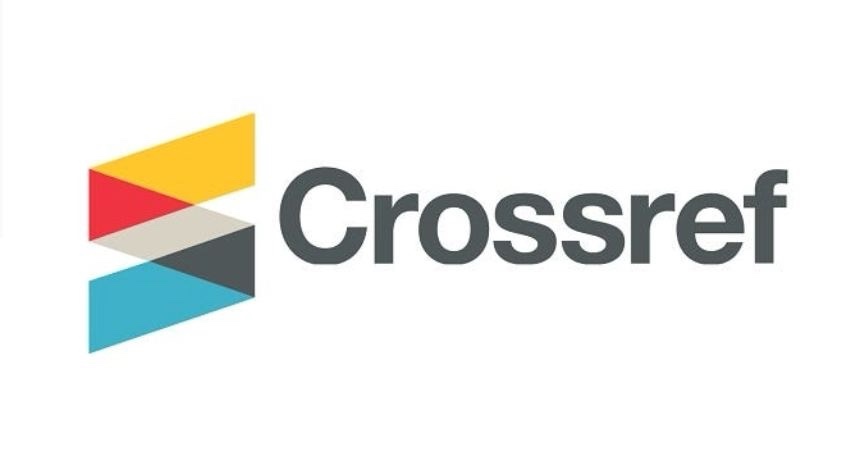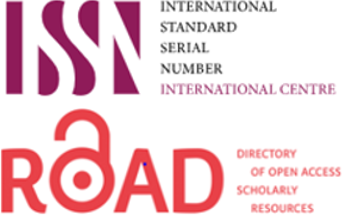Effectiveness of an Educational Program on Knowledge of High School Students about Substance Abuse in Kirkuk City
DOI:
https://doi.org/10.58897/injns.v34i1.465Keywords:
Educational Program, Knowledge, Substance AbuseAbstract
Objective(s): This study aims at determining the effectiveness of an educational program on knowledge of high school students' knowledge about substance abuse and its health consequences, and to find out the association between students’ knowledge about substance abuse and its health consequences and their demographic data of age, socioeconomic status, and educational level of parents.
Methodology: A quasi-experimental study is conducted for the period of October 28th, 2019 to March 30th, 2020. The study sample included a nonprobability “purposive” sample of (124) male students (62) students for the control group and (62) students for the study group, aged (14-19) years who are selected from Al-Hikma High School for Boys in Kirkuk City, Iraq. A self-report questionnaire is used for data collection which has included three parts; the first part deals with the students' demographic information, the second part includes students' knowledge about substances and the third part is about students' knowledge of the health effects of substance abuse.
Results: The study results reveal that there is a significant difference in students' knowledge about substance abuse and its health consequences between the post-test knowledge score of the study group. There is no significant relationship between students'' knowledge and their demographic variables of age, parents’ education, and socio-economic status.
Recommendations: The study recommends that providing of an educational program about substance abuse and their consequences as part of the curriculum in high schools is essential and encouraging collaboration between the Ministry of Health and Environment and the Ministry of Education to prevent substance abuse among students.















